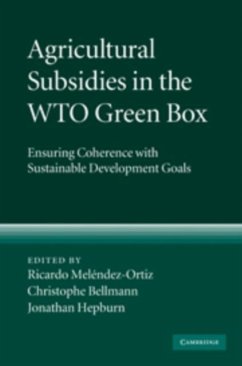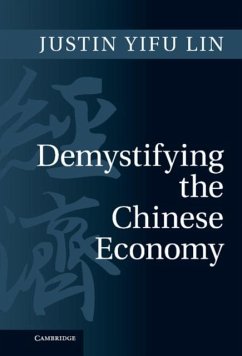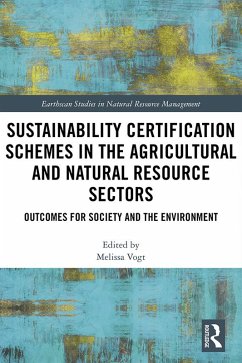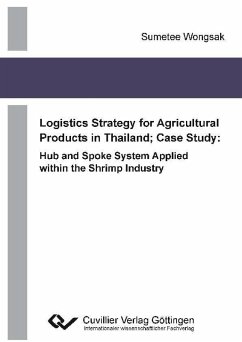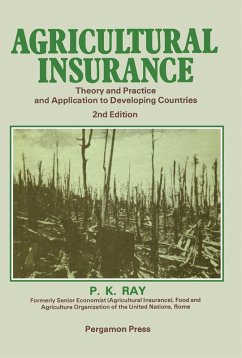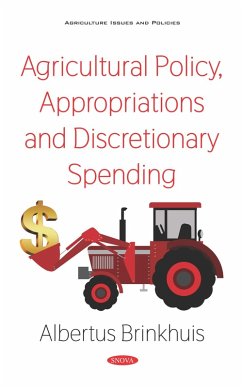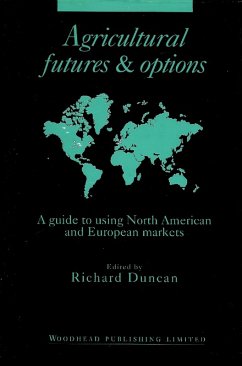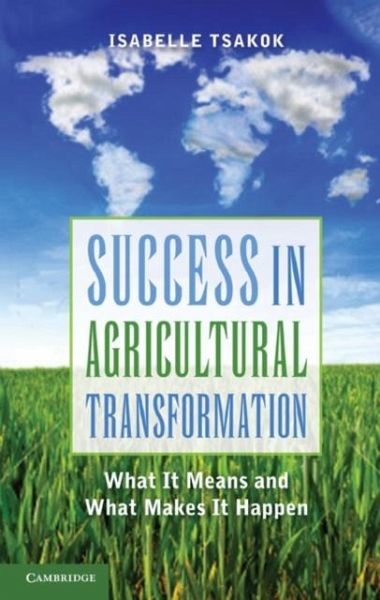
Success in Agricultural Transformation (eBook, PDF)
What It Means and What Makes It Happen
Versandkostenfrei!
Sofort per Download lieferbar
20,95 €
inkl. MwSt.
Weitere Ausgaben:

PAYBACK Punkte
10 °P sammeln!
To lift and keep millions out of poverty requires that smallholder agriculture be productive and profitable in the developing world. Do we know how to make this happen? Researchers and practitioners still debate how best to do so. The prevailing methodology, which claims causality from measures of statistical significance, is inductive and yields contradictory results. In this book, instead of correlations, Isabelle Tsakok looks for patterns common to cases of successful agricultural transformation and then tests them against other cases. She proposes a hypothesis that five sets of conditions ...
To lift and keep millions out of poverty requires that smallholder agriculture be productive and profitable in the developing world. Do we know how to make this happen? Researchers and practitioners still debate how best to do so. The prevailing methodology, which claims causality from measures of statistical significance, is inductive and yields contradictory results. In this book, instead of correlations, Isabelle Tsakok looks for patterns common to cases of successful agricultural transformation and then tests them against other cases. She proposes a hypothesis that five sets of conditions are necessary to achieve success. She concludes that government investment in and delivery of public goods and services sustained over decades is essential to maintaining these conditions and thus successfully transform poverty-ridden agricultures. No amount of foreign aid can substitute for such sustained government commitment. The single most important threat to such government commitment is subservience to the rich and powerful minority.
Dieser Download kann aus rechtlichen Gründen nur mit Rechnungsadresse in A, B, BG, CY, CZ, D, DK, EW, E, FIN, F, GR, HR, H, IRL, I, LT, L, LR, M, NL, PL, P, R, S, SLO, SK ausgeliefert werden.




